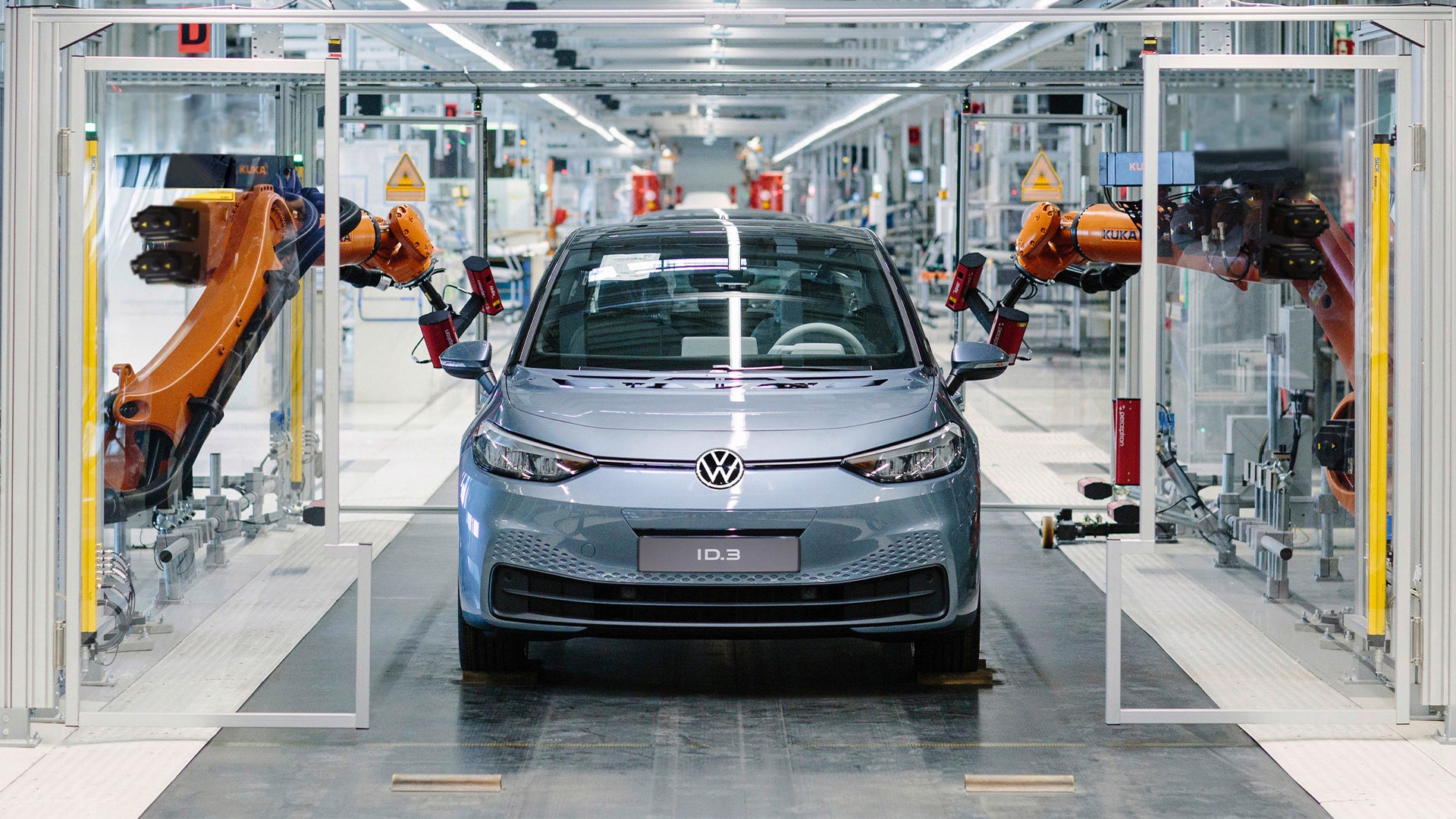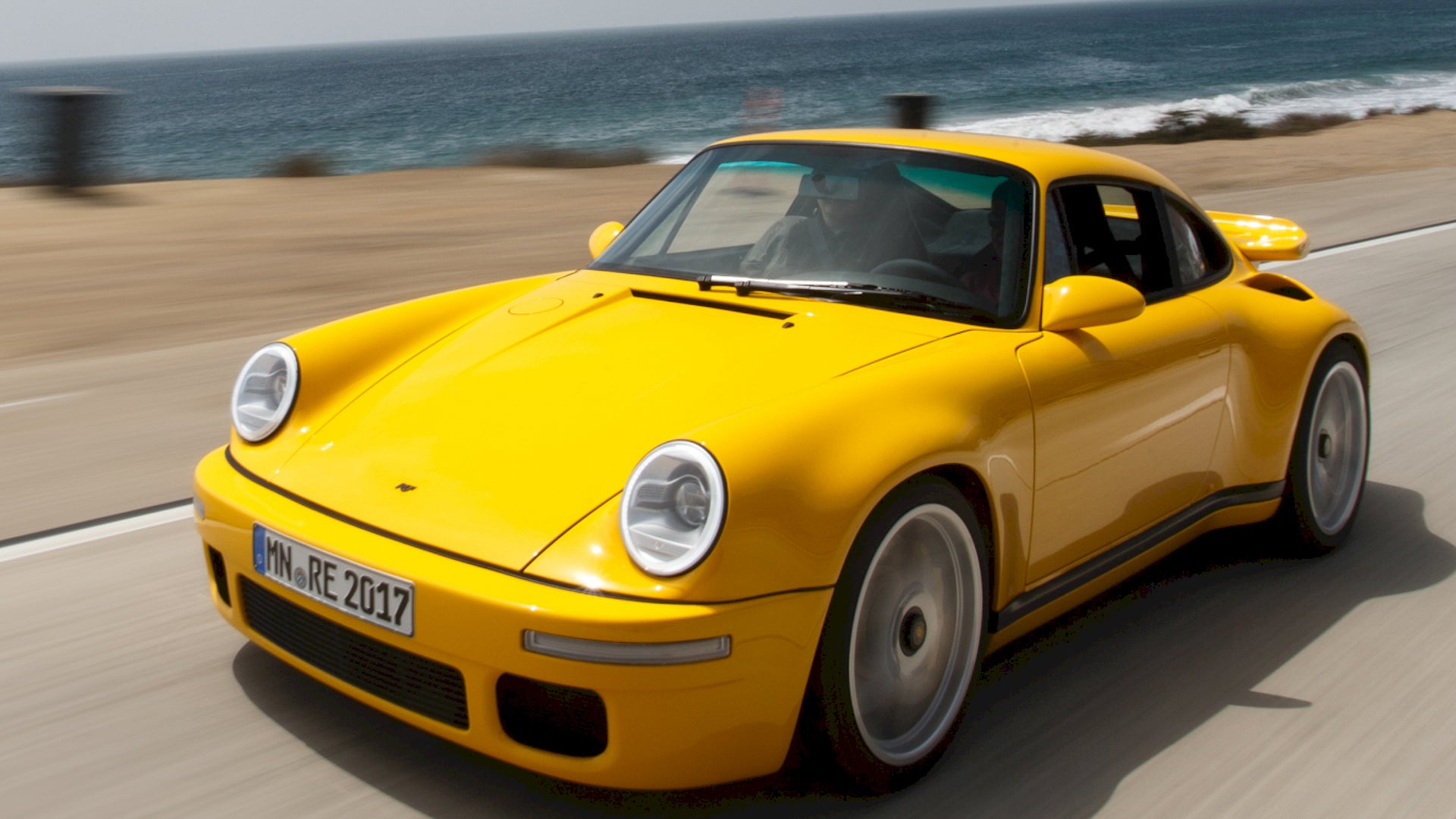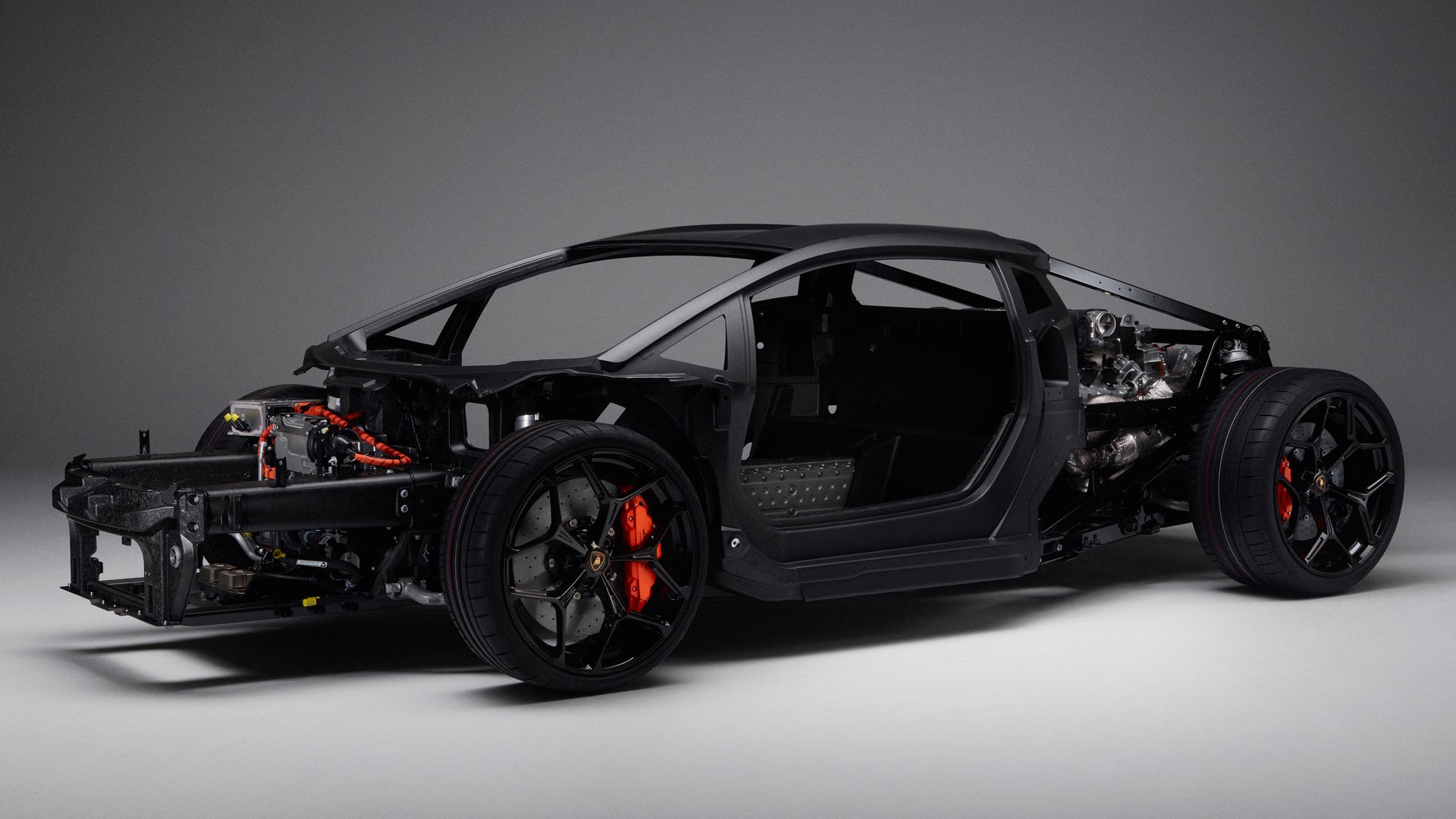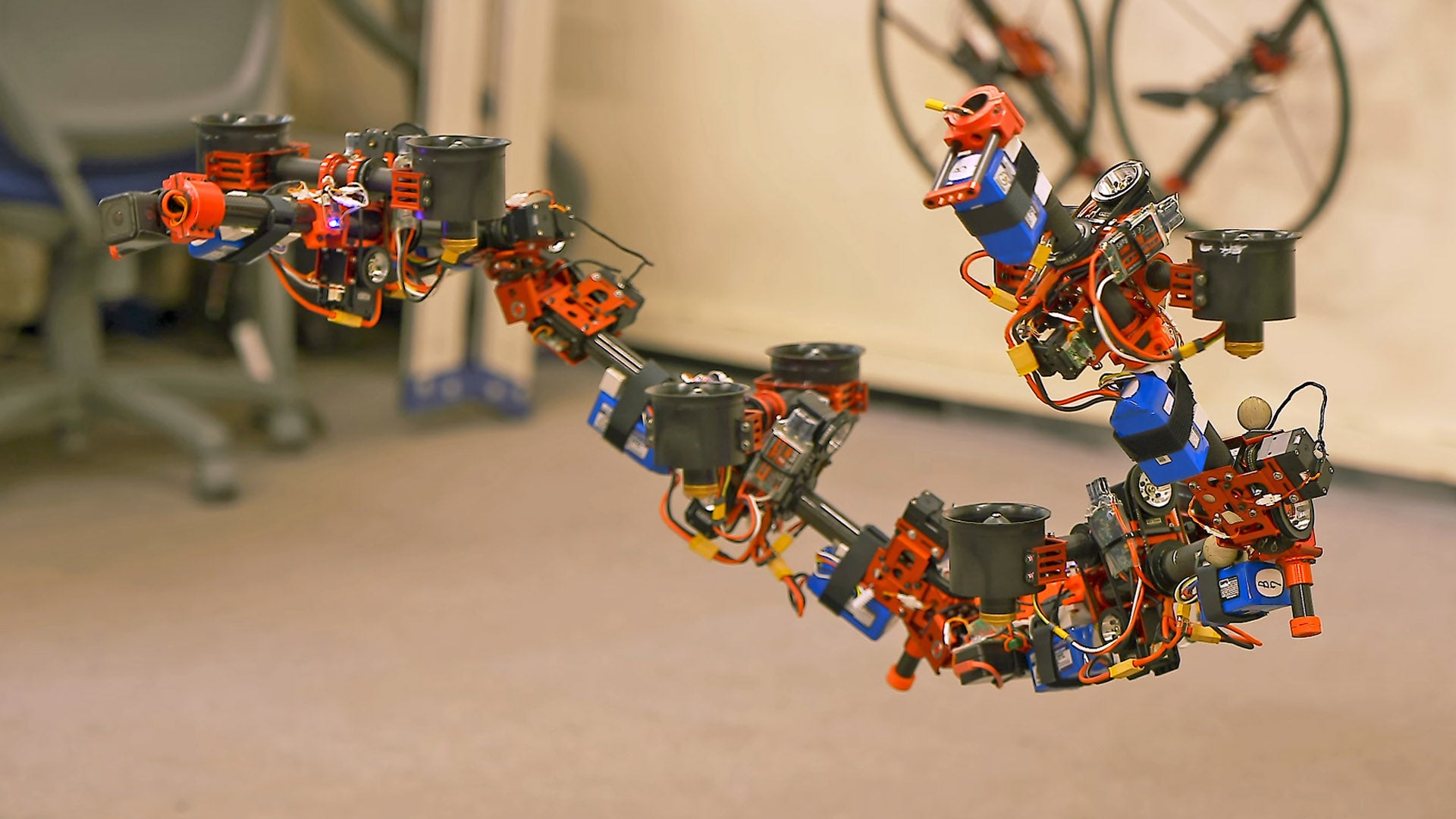In the ever-expanding electric vehicle space, automakers are working to secure their spot as battery-building powerhouses. The young market is presently dominated by Tesla, though others are rushing into EV manufacturing in order to outpace their competitors. Volkswagen, one of the largest legacy automakers by sales, believes that it can do that better than anyone else.
Back in 2019, VW pivoted from sourcing batteries to wanting in-house development and manufacturing, pledging a $1 billion investment to the cause—in all, that's just a fraction of the $30 billion it has spent in research and development between 2018 and 2020. After a few years of trial and error, the Germans quickly realized that building EVs is a lot harder when you can't get your hands on enough batteries. Therefore, it plans to become self-sufficient by building its own.
Volkswagen wants to achieve industry dominance by controlling the battery supply chain. The auto group knew it couldn't be a true leader if it fully outsourced something so critical to EV manufacturing as energy storage, so it went on the attack of figuring out how to best strategize.
When a technology company falls behind its competitors, it isn't uncommon for it to buy a stake in a new startup that promises a breakthrough. Volkswagen knew this and began looking into third-party companies to form joint ventures with. Tesla and Toyota did this with Panasonic, and Ford is doing the same with SK Innovation, just to give a few examples. VW settled on Swedish battery startup Northvolt, pledging millions to the new company's expansion and establishing a joint venture capable of 40 gigawatt-hours in annual production.
But that simply isn't enough to control the supply chain as scrupulously as VW wants. In fact, it's only 15 percent more capacity than Tesla's Gigafactory in Nevada. So VW will need to pepper Europe with a number of self-operated facilities to accomplish its goal of industry dominance. There's just one problem: talent.
It turns out that you can't just hire a random engineer off the street and have them build a battery. Building something that stores enough energy to power your home requires certain expertise, and the relevant hiring pool is quite small. There simply aren't enough engineers and scientists familiar with battery chemistry to make that happen, and those that have made a name for themselves are in high demand and at risk of being poached by other automakers.
VW has recently announced plans to expand its partnership which allows for university students to experience on-the-job training while still in school. This process isn't uncommon—many automakers do the exact same thing to extend job offers after graduation and acquire fresh talent in the industry. However, Volkswagen's program is one of the first to grow from offering the opportunity to just mechanical engineering students to those majoring in both chemical and electrical engineering as well.
Industry analysts believe that VW is still significantly ahead of its competitors, even with these setbacks. And while its modular MEB platform is cost-comparative to other EVs on the market, Tesla still leads in terms of per-wattage costs. For example, industry analyst UBS estimates that the pack in the ID.3 is around $1,300 more expensive than a comparable Tesla pack. VW believes that its own batteries will eventually be aggressively priced against Tesla's; however, that might be more of a moving target as Tesla continues to scale its own production efforts.
By the time manufacturers perfect next-gen battery tech, the world may be ready to evolve yet again. Some automakers like Toyota are continuing to focus on hydrogen fuel cells and view battery-powered cars as a stop-gap more than the future. Others, like VW, believe that solid-state batteries are the key to winning electric cars, and have heavily invested in other startups which are actively working on the breakthrough tech. But in the here-and-now, electric cars are cut-throat, and securing the technology that moves them is key to staying relevant in a world that will soon wash its hands of internal combustion as we know it.
Got a tip or question for the author? Contact them directly: [email protected]









